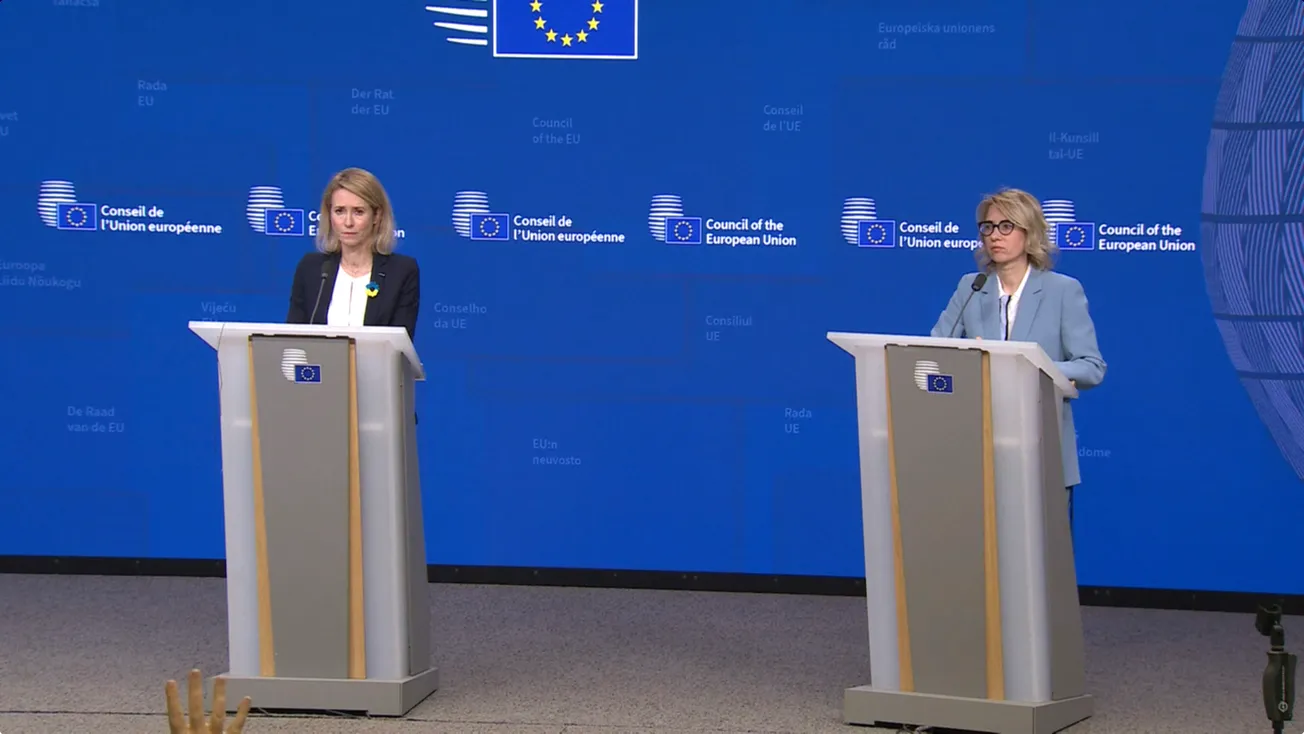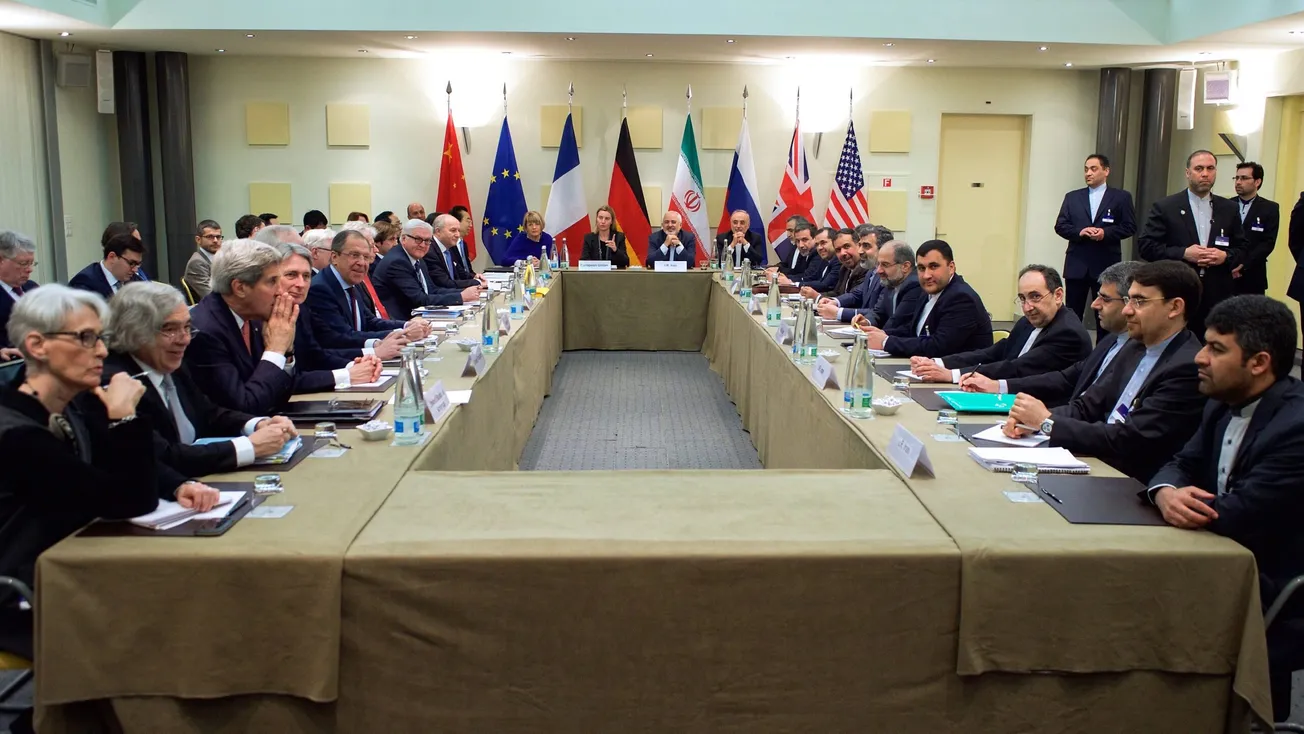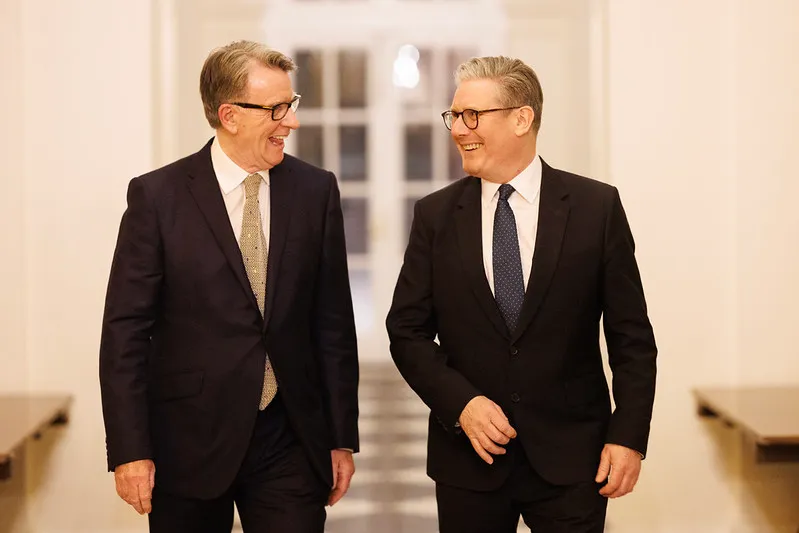In a very long interview with the Swiss Zeitgeschehen journal, Germany Gen. Harald Kujat (ret.) again urges talks on a Ukraine ceasefire and future peace agreement, pointing out that the war in Ukraine “is not just a military conflict; it is also an economic and an information war. In this information war, one can become a participant in the war if one adopts information and arguments that one can neither verify nor judge on the basis of one’s own competence.”
The German “media mainly feature `experts’ who have no knowledge or experience of security policy and strategy, and therefore express opinions that they draw from publications by other `experts’ with comparable expertise. Obviously, this also builds up political pressure on the German government. The debate about the delivery of certain weapons systems shows abundantly clearly the intention of many media outlets to play politics themselves.”
But “perhaps one day the question will be asked, who wanted this war, who did not want to prevent it, and who could not prevent it,” Kujat said, and that he finds it so regrettable that the Istanbul negotiations were broken off in April—through the British role in prolonging this war: “According to reliable information, then British Prime Minister Boris Johnson intervened in Kiev on April 9 and prevented a signing. His reasoning was that the West was not ready for an end to the war.”
Whereas the German media remained silent on that aspect, “American media, Foreign Affairs and Responsible Statecraft, two prestigious magazines, published very informative reports on this. The article in Foreign Affairs was by Fiona Hill, a former high-ranking staffer in the White House National Security Council. She is very knowledgeable and absolutely reliable.”
Asked whether he agreed with German author Wilfried Scharnagl who shows quite clearly in his book Am Abgrund already in 2015 that “the policy of the West is an unbelievable provocation and if the EU and NATO do not change their course, it could lead to a catastrophe,” Kujat replied: “Yes, this is to be expected. The longer the war lasts, the greater the risk of expansion or escalation,” and stressed that the Cuban Missile Crisis “was a comparable situation.”




